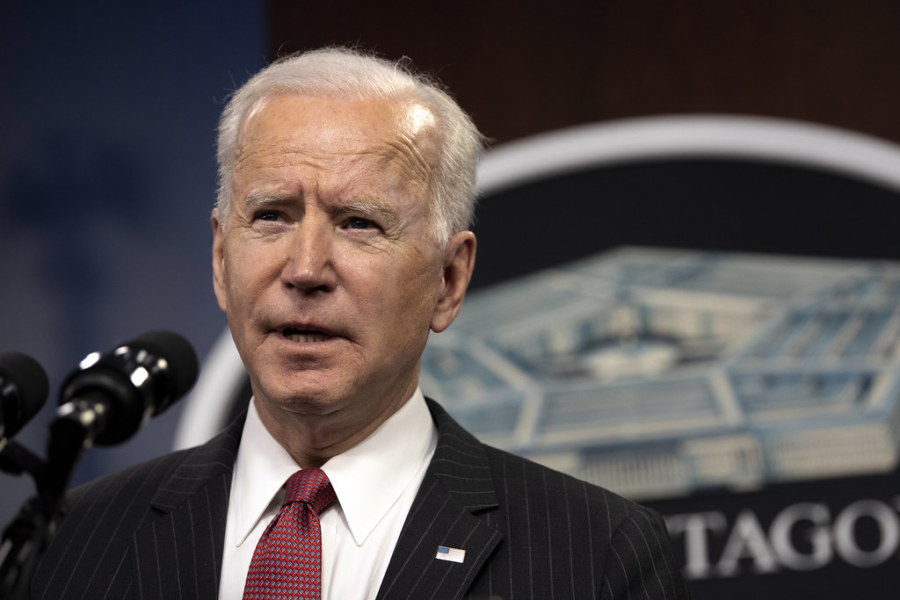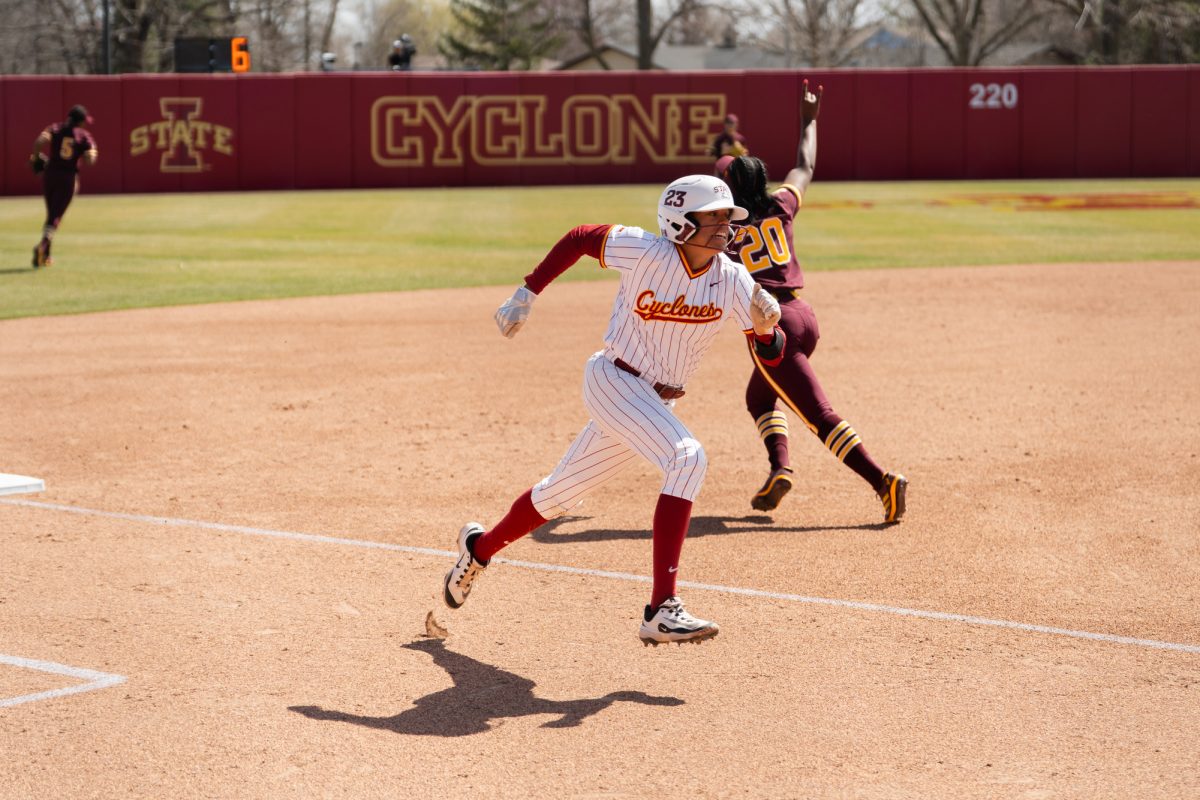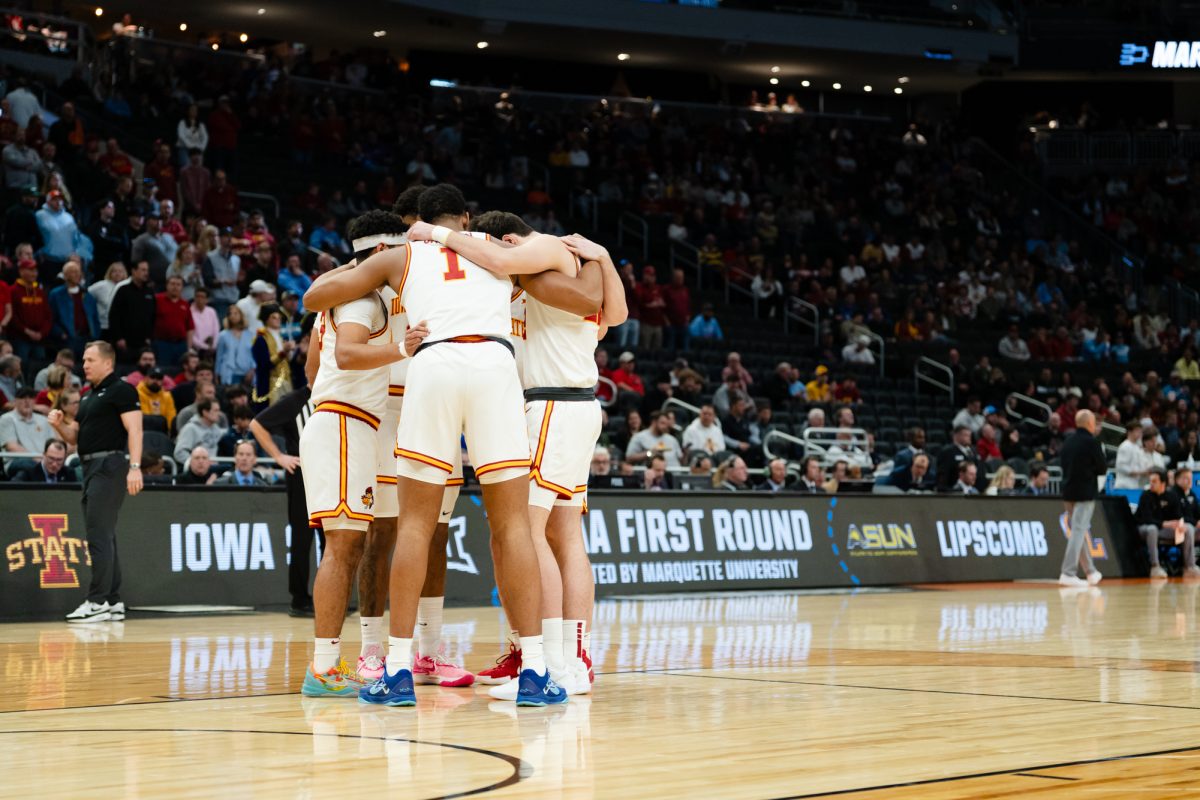Oztok: The set-up-to-fail US loan system
President Joe Biden announced a student loan forgiveness plan Sept. 24.
September 6, 2022
President Biden recently announced his administration would forgive up to $20,000 in federal student loans. There is no doubt that Biden’s announcement was great news for most Americans who are already grappling with rising inflation.
Economic and political consequences aside, we should ask ourselves: at what point in history did we start to normalize the immorality of letting teenagers borrow hundreds of thousands of dollars with ease when they have little-to-no clue about what they want to do, how the loans work and how the real world might look like?
“An entire generation is now saddled with unsustainable debt,” President Biden said in his speech. “The burden is so heavy that even if you graduate, you may not have access to the middle-class life that the college degree once provided.”
How did we get here? In my opinion, we got here because we believed the notion that once you have a college education, your degree would take you anywhere you want to go — guaranteeing you to climb the economic ladder rapidly. Consequently, we were set up for an illusion, and we were set up to fail.
Our society has been somehow convinced by the idea that getting a college education will guarantee a high-paying job and promise future economic safety. Once we accept such misguided beliefs, it is compelling to argue in favor of giving everybody the funds necessary to attend university by means of wealth distribution through the federal student loan program.
I was talking to one of my undergraduate friends recently, and he told me, “I decided to go to college because that’s what all your friends do, and you don’t want to be left out. Also, the parties are pretty decent….” You all have heard something similar to what my friend said. Throwing $80,000 out the window to party could be considered usual if you are in an F. Scott Fitzgerald novel, but it is a hefty price for most of us.
Coming out of high school, most of us don’t have the financial background to know how taxes work or how central bank interest rate hikes affect our loans. We fail to do the risk calculation because our youthful nature inclines us toward wishful thinking. Suppose our decisions were too wishful and we had very little personal luck — a recession, political turmoil, pandemics — we end up carrying a giant burden of debt which will probably follow us and constrain our freedom to pursue whatever we are passionate about for decades to come.
I believe higher education institutions are tremendously valuable if one knows why they go there in the first place and who is skeptical of the promises made by people who have no skin in the game. However, it is also true that there are many jobs and occupations that don’t require a degree. Students need to think critically about their options and the consequences of their loans and make an informed decision about whether the inherent risks of owing the government large sums of money are worth it.
Idealistic approaches could be useful when we talk about how we form education policies, but our actions must be pragmatic. Otherwise, we will do great damage to the future of our nation instead of helping them. Since the economy and how we live our lives have been going through a rapid transition, we have to accept that a college degree no longer promises the financial stability it once did. The American student loan system devolved into a fraudulent scheme that forces young people into a financial and psychological pit from which they often never fully escape.








Caleb Weingarten | Oct 5, 2022 at 7:05 pm
I appreciate your thoughts on the moral side of the loan equation. Regardless of economics, I believe the questions you raised were important ones.